Cambridge Platonists:
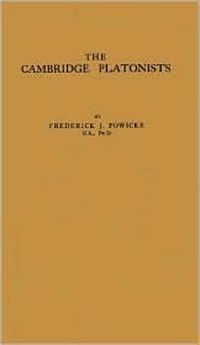
Summary
REPRINT .Special Description Note- This is not a print on demand edition. Care has been taken to enhance and improve the original text whenever possible. Martino Publishing follows the standards of traditional printing and quality is a primary concern. We distinguish ourselves from Print on Demand by our quality controls, paper quality and binding quality. Hardbound. Octavo.English. x, 219 p. front., plates, ports. London, Toronto, J.M. Dent, 1926. New Copy. The Cambridge Platonists were a group of philosophers at Cambridge University, England in the middle of the 17th century (between 1633 and 1688). The Cambridge Platonists were reacting to two pressures. On the one hand, the dogmatism of the Puritan divines, with their anti-rationalist demands, were, they felt, immoral and incorrect. They also felt that the Puritan/Calvinist insistence upon individual revelation left God uninvolved with the majority of mankind. At the same time, they were reacting against the materialist writings of René Descartes and Thomas Hobbes. They felt that the latter, while properly rationalist, were denying the idealistic nature of the universe. To the Cambridge Platonists, religion and reason were in harmony, and reality was comprised not of sensation, but of "intelligible forms" that exist behind perception. Universal, ideal forms (a la Plato) inform matter, and the senses are unreliable guides to reality. As divines and in matters of polity, the Cambridge Platonists argued for moderation. They believed that reason is the proper judge of all disagreements, and so they advocated dialogue between the Puritans and the High Churchmen. They had a mystical understanding of reason, believing that reason is not merely the sense-making facility of the mind, but, instead, "the candle of the Lord" - an echo of the divine within the human soul and an imprint of God within man. Thus, they believed that reason could lead beyond the sensory, because it is semi-divine. Reason was, for them, of God, and thus capable of nearing God. Therefore, they believed that reason could allow for judging the private revelations of Puritan theology and the proper investigation of the rituals and liturgy of the Established Church. For this reason, they were called latitudinarians. Ralph Cudworth (1617 - 1688), Nathaniel Culverwel (1619-1651), Henry More (1614 - 1687), John Smith (1618 - 1652), Benjamin Whichcote (1609 - 1683).
Similar Books
-
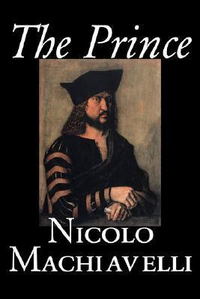 The Prince
The Princeby Niccolò Machiavelli
-
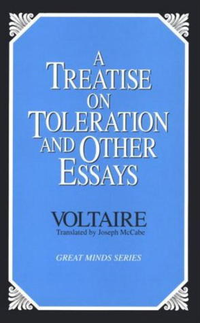 A Treatise on Toleration and Other Essays
A Treatise on Toleration and Other Essaysby Voltaire
-
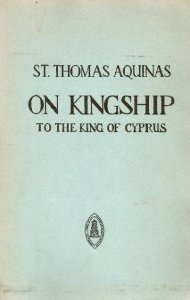 On Kingship to the King of Cyprus
On Kingship to the King of Cyprusby Thomas Aquinas
-
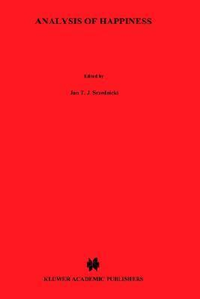 Analysis of Happiness
Analysis of Happinessby Władysław Tatarkiewicz
-
 Platonic Theology, Vol. 1: Books I–IV
Platonic Theology, Vol. 1: Books I–IVby Marsilio Ficino
-
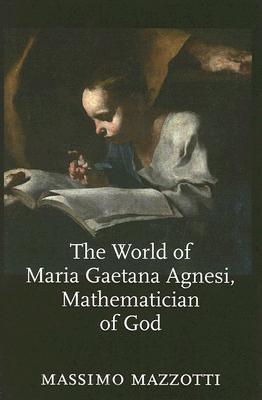
-
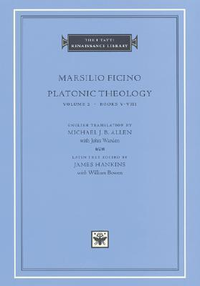 Platonic Theology, Vol. 2: Books V–VIII
Platonic Theology, Vol. 2: Books V–VIIIby Marsilio Ficino
-
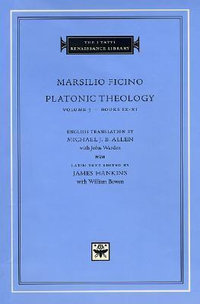 Platonic Theology, Vol. 3: Books IX–XI
Platonic Theology, Vol. 3: Books IX–XIby Marsilio Ficino
-
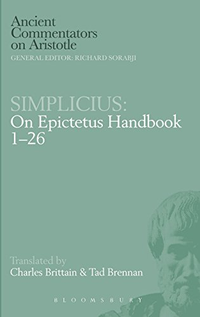 Simplicius: On Epictetus Handbook 1-26
Simplicius: On Epictetus Handbook 1-26by Assistant Professor Program in Ancient Philosophy Charles Brittain
-
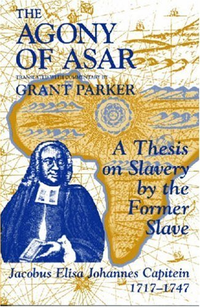
-
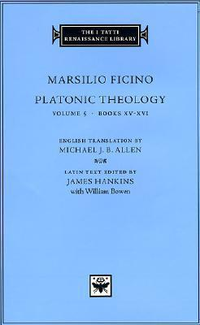 Platonic Theology, Volume 5: Books XV–XVI
Platonic Theology, Volume 5: Books XV–XVIby Marsilio Ficino
-
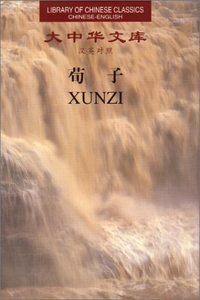 Xunzi
Xunziby John Knoblock
-
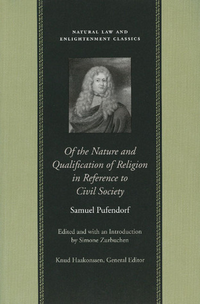 Of the Nature and Qualification of Religion in Reference to Civil Society
Of the Nature and Qualification of Religion in Reference to Civil Societyby Samuel von Pufendorf
-
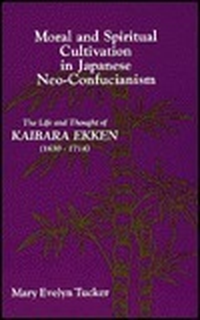
-
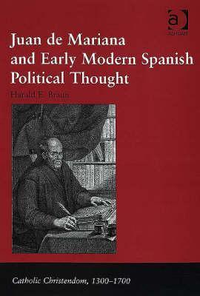 Juan de Mariana and Early Modern Spanish Political Thought
Juan de Mariana and Early Modern Spanish Political Thoughtby Harald E. Braun
-
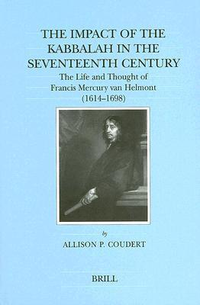
-
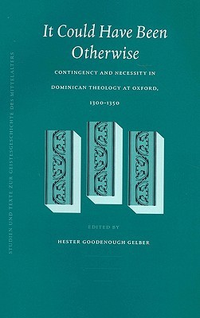 It Could Have Been Otherwise: Contingency and Necessity in Dominican Theology at Oxford, 1300-1350
It Could Have Been Otherwise: Contingency and Necessity in Dominican Theology at Oxford, 1300-1350by Hester Goodenough Gelber
-
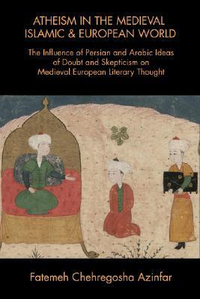
-
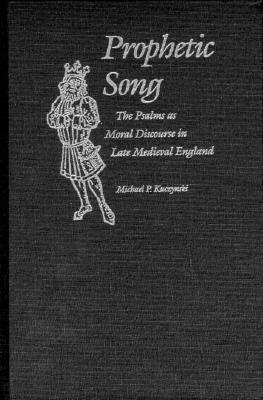 Prophetic Song: The Psalms as Moral Discourse in Late Medieval England
Prophetic Song: The Psalms as Moral Discourse in Late Medieval Englandby Michael P. Kuczynski
-

-
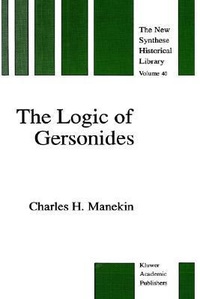
-
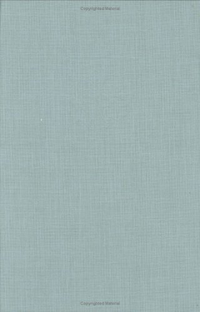 Aristotle's Zoology and Its Renaissance Commentators (1521–1601)
Aristotle's Zoology and Its Renaissance Commentators (1521–1601)by Stefano Perfetti
-
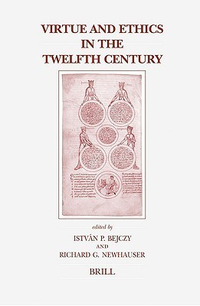 Virtue And Ethics in the Twelfth Century
Virtue And Ethics in the Twelfth Centuryby István Pieter Bejczy